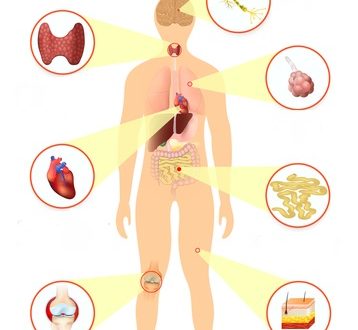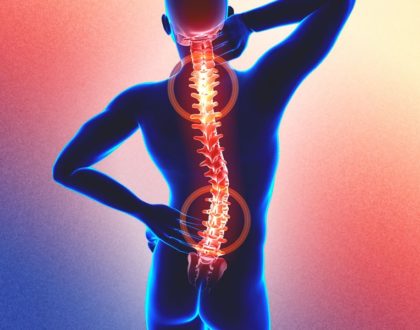ASCO Endorses Some Complementary Therapies in Breast Cancer

Not surprisingly, many chemotherapy patients are using alternative forms of therapy from acupuncture, massage, yoga, meditation, and supplements. Although alternative therapies during chemotherapy and or radiation help with the side effects of chemotherapy and makes the quality of life for patients better, many patients don’t tell their doctor that they are taking any supplements or doing any of these other forms of alternative medicine. And many doctors don’t ask and potential harm may result, specially with some of the supplements that a chemo patient maybe taking.
To avoid potential harm to the patient due to lack of information, ASCO, American Society of Clinical Oncologists in collaboration with Society of Integrative Oncology (SIO) has put together a list of guideline from its expert panel:
Acute radiation skin reaction: ASCO does not recommend using Hyaluronic acid or aloe vera. Although both chemicals can be soothing normally, with this type of skin reaction and inflammation, evidently this combo does not help….at least keep it in moderation.
Stress and anxiety reduction: ASCO and SIO recommends Acupuncture, massage, music therapy, yoga, tai chi. Stress management is the key to controlling and lowering anxiety, both during treatment and afterwards.
Chemotherapy induced nausea and vomiting: Acupuncture, electroacupuncture, acupressure, and ginger. ASCO does not recommend taking the supplemental amino acid glutamine, during chemotherapy.
Depression and mood disturbance: They list meditation as the most effective and safest way to reduce depression and elevate the mood, specially mindfulness meditation. Yoga, massage, and music therapy are also recommended for mood therapy and lifting depression. They did not include, at least as of yet, the amazing powers of acupuncture in lifting up the mood yet I can tell you from all the chemotherapy patients I have worked on, the type of acupuncture that I practice really lifts up the spirit, specially after such a difficult treatment.
Fatigue: Acupuncture, yoga, hypnosis, and ginseng can be great and are safe during chemotherapy, and for fatigue after chemotherapy sessions are finished acupuncture and yoga are found to be safe and useful. Acetyl-L-carnithine and guarana should be avoided during chemotherapy. Presumably due to their powerful anti-oxidant effects which although that is great usually, its not great during chemotherapy as it may interfere with the particular regimen of drugs that is being used.
Lymphedema: lymphatic drainage, compression bandaging (kinesio taping) are considered safe and effective. I have come up with an exercise that helps with movement of lymph in arms when a node or two are taken out and there is possibility of lymphedema developing. It works great and no equipment necessary.
Neuropathy: ASCO only mentions that for peripheral neuropathy, do not use Acetyl-L-carnithine for neuropathy specially in breast cancer. They have no recommendations for what will help? I have seen great improvements, sometimes even complete relief, using acupuncture only and recommending 1000IU of Vitamin D3, as it has been shown to help. ASCO’s recommendations are not all inclusive but it’s a step in the right direction.
Pain: Acupuncture is the most effective and fully safe according to ASCO. Also hypnosis, healing touch, and music therapy.
Quality of life: meditation, yoga, acupuncture, qi gong, reflexology, and stress management are all considered effective and safe
Sleep disturbance: ASCO only mentions yoga for sleep disturbance. Meditation certainly helps my patients sleep better. ASCO doesn’t mention acupuncture here either yet it is so effective for sleep disturbances my patients swear by it. Chemotherapy damages blood and fluids of the body and gets yin and yang out of whack. Acupuncture is unsurpassable for sleep, for helping with repair needed during and after chemo, and is perfectly safe.
Vasomotor/hot flashes: ASCO mentions only acupuncture as beneficial. ASCO recommends that soy not be used for hot flashes.
Bottom line: Discuss with your oncologist any supplements that you maybe taking while on chemotherapy as there are a handful of herbs and vitamins that must be avoided with some protocols.
Recommended Posts

Unlocking Relief: How Acupuncture Can Be Your Ally in Managing Chronic Conditions such as Pain, Anxiety, Low Energy, Insomnia, and so much more
May 12, 2025

Acupuncture for Stress and Anxiety
March 8, 2025


